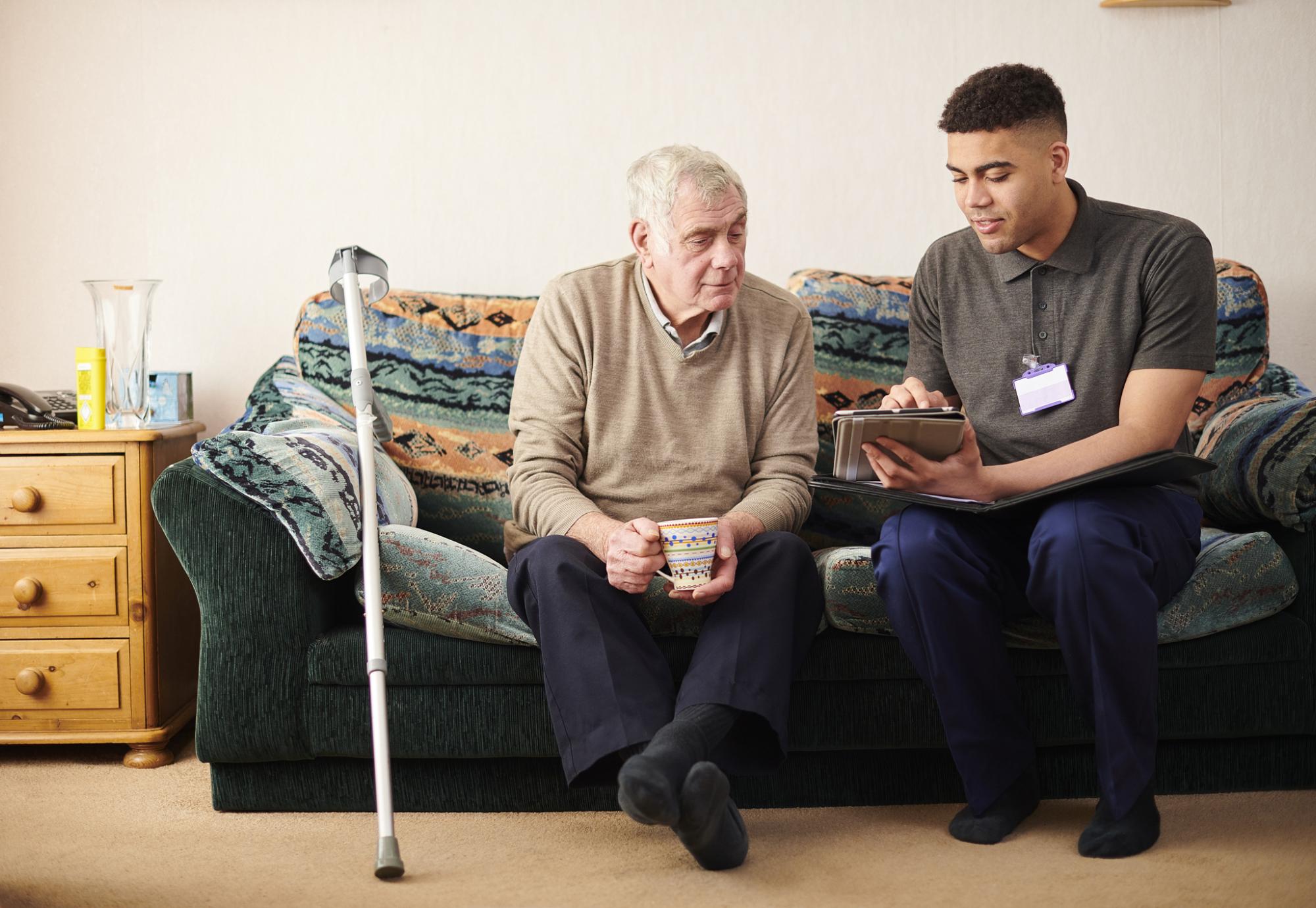A new report launched by the County Councils Network has called for a new framework and funding to make assistive technology ‘mainstream’ in adult social care services, including providing the infrastructure to roll this out effectively in rural areas
The report, ‘Employing Assistive Technology in Adult Social Care’, looks at the prevalence of assistive technology (AT) in county authorities and what can be done to both scale it up across whole social care systems and maximise its benefits to people in care and professionals.
AT incorporates systems, such as telecare, which uses wireless technology in the home to provide 24 hour support and telehealth, which enables patients and clinicians to work together to monitor health remotely.
Both systems enable care to be more targeted and preventative, as well as empowering people to remain independent and well.
The report finds that whilst this tech has been effectively used to improve care for individuals, much more can be done to place AT at the centre of local adult social care.
This can range from using data to aligning health and care monitoring systems together, as part of closer integration between health and social care.
Over two thirds (69%) of county authorities, surveyed as part of the report, answered that AT was more difficult to roll-out in rural areas compared to urban locations.
With councils reliant on temporary grant funding in delivering social care, the report calls for the right settings so local authorities can ramp up their usage of AT.
The majority of respondents also cited a lack of knowledge on the tech currently available.
Despite this, 75% of respondents said that the benefits of AT were being partially realised in their authorities and that there was potential for further development, but a lack of funding and overlapping local health system boundaries were holding their authorities back.
As part of adult social care reform, it argues that the government should commit to a National Strategic Framework to make AT ‘mainstreamed’ as a key element of social care in the future.
It also calls for the government to make it make it clear how tech can be further embedded into councils’ delivery of this service.
CCN is also calling on the government to ensure that there is effective infrastructure for AT in rural areas, including broadband and improved mobile network speeds.
Councils should have parity of esteem with health partners in integrated care systems to assist in an effective rollout of large-scale AT across health and care and these bodies should keep within council boundaries as much as possible to reduce inefficiency, the report said.
It also found that substantive cultural and practice change is urgently needed to better integrate AT across whole local social care system and in moves towards digital-first care provision, including training staff so they feel comfortable using this technology.
Commenting, CCN’s Health and Social Care Spokesperson, Councillor Keith Glazier said:
“For local authorities, the use of AT is not just about providing effective care for individuals, but is increasingly about developing and delivering innovation-led digital health and care solutions which provide new, more efficient and effective models for health and care management in the community.
“The increasing potential for employing technology at scale and utilising data offers a tantalising possibility of having a significant impact on the way care is delivered, achieving better outcomes for vulnerable people of all ages, in a more cost effective way than more traditional models of care provision.
“But this can only be done with the right settings in place and today’s report offers much food for thought as to how we can further embed AT in our local systems.”
PSE will be hosting a Digital Transformation Virtual Festival on 14 October. Join us for the full day event by registering here.



















